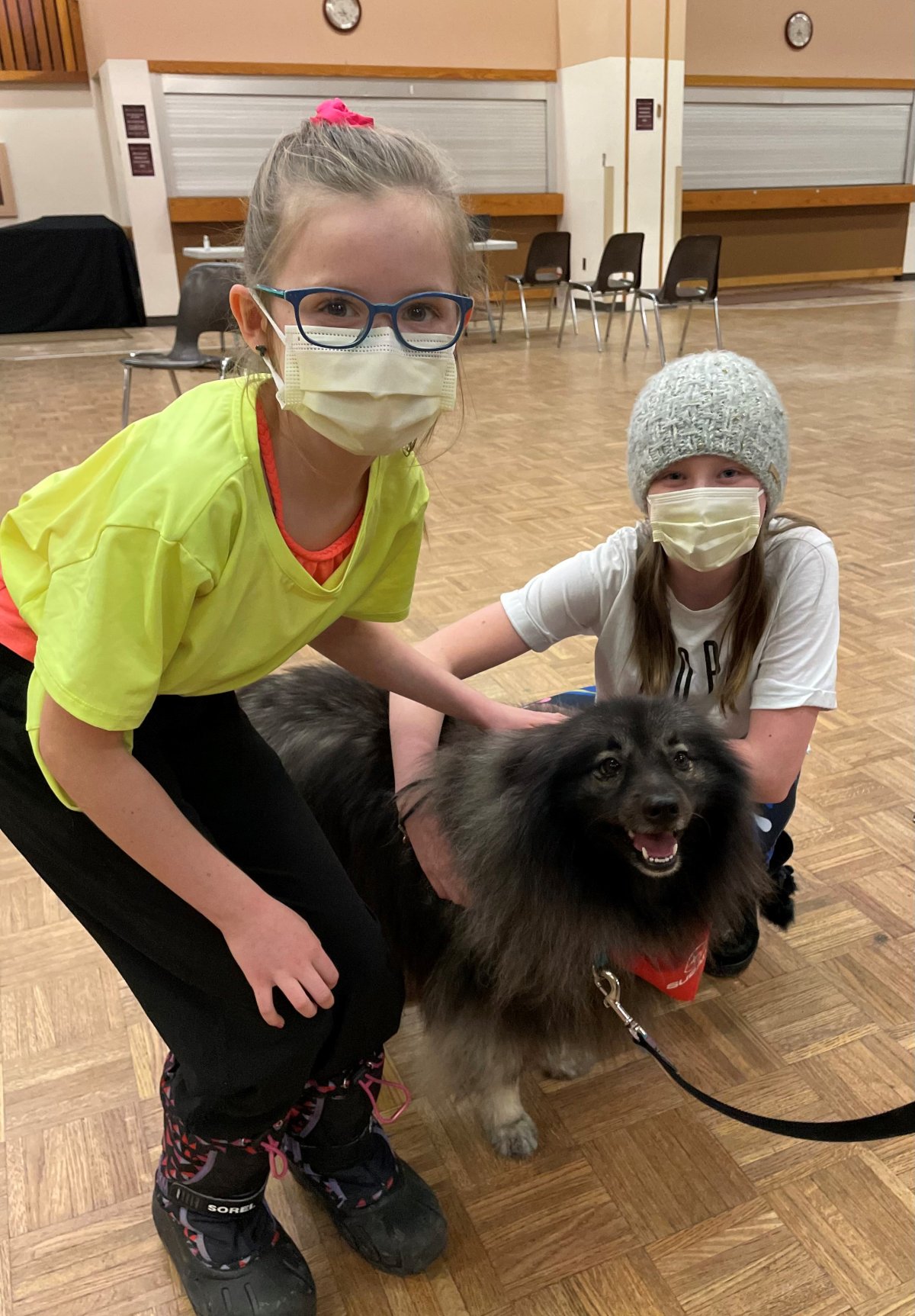As children across the country roll up their sleeves for their COVID-19 vaccine, little ones are faced with needle fear and anxiety.

So, why are needles so scary?
Dr. Samina Ali, a pediatric emergency doctor at the Stollery Children’s Hospital in Edmonton, Alta., said the pain “is real.”
“One, they almost always hurt,” said Ali, who is also a pain researcher.
She said despite all the evidence for excellent treatment options for children’s pain, only about five per cent of children are actually getting them used.
“So it’s hurting unnecessarily.”
The second reason, said Ali, is the sheer volume of immunizations in a child’s life.
“In the first five years of life, 20 vaccinations. So children are experiencing a lot.”
Because children remember needle pain, Ali said it’s imperative parents and health-care providers do what they can to help.
“They do remember it and it can actually change how they process pain on an EEG brainwave level,” said Ali, “as well as psychologically how they experience future painful experiences.”
As a caregiver, that means developing a coping pregame plan and making sure your child is mentally prepared before you get to the vaccine line.
“‘How are we going to do this? Do you want to take your favourite stuffy with you? What game do you want to play while you have it? What should we do after to celebrate?'” are all questions to have with your child at home, said Ali.
There is a small subset of children that cannot get past the traumatic experience and alternate immunization arrangements can be made with a child life specialist.

Get weekly health news
A school-based clinic for routine immunizations may not be the best location for those children.
For most other children, distraction can go a long way.
Ali, a mother herself, said getting a needle is the one time she allows her children to take video games out of the house.
In Yorkton, Sask., staff at the COVID-19 vaccine site played movies and therapy dogs were brought in to help calm children.
In Saskatoon, Sask., the Saskatchewan Health Authority said staff have worked to make the needle experience more fun. A wall of fame and sticky note wall was set up for children to sign once they received their vaccine.
While in line in at province-run vaccination clinics in Edmonton, Alta., Alberta Health Services provided a QR code and link to its Commitment to Comfort — a checklist and tips for parents and caregivers on how to help children lessen the pain and distress.
Ali said after a vaccination, it’s important to celebrate the victories, even if you child cried or screamed.
Maybe your child didn’t run away or stayed in your arms for the needle — all worth recognizing, said Ali.
She called it the R and R — not rest and relaxation, but reward and reframing.
She stressed it should not be an “if” scenario, but rather when you are done your vaccine, then you can celebrate on your way home.
There is one thing Ali stressed you should never do.
“You should never hold down a child against their will, it’s quite traumatic for them.
“I’d like to see comfort holds instead.”
Short-term, Ali said the experience will be less traumatic for young children and long-term, it will teach them to take care of their health when they are adults.
“If we don’t do that, these youngsters can go on to become adults that actually avoid health care because they’re so afraid,” said Ali.
“We have an eight to 10 per cent rate of adults who have significant fears or phobias of needles, who then tell us, ‘I won’t get my vaccinations and I won’t see a doctor because I’m afraid of blood tests.'”
If your child needs more convincing and coaxing, Ali said one more message may help.
“They’re being superheroes. They’re protecting others and that’s what superheroes do.”








Comments